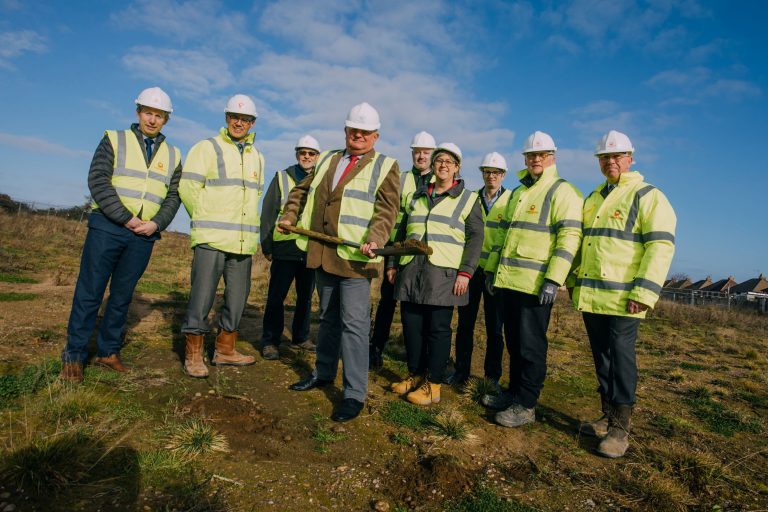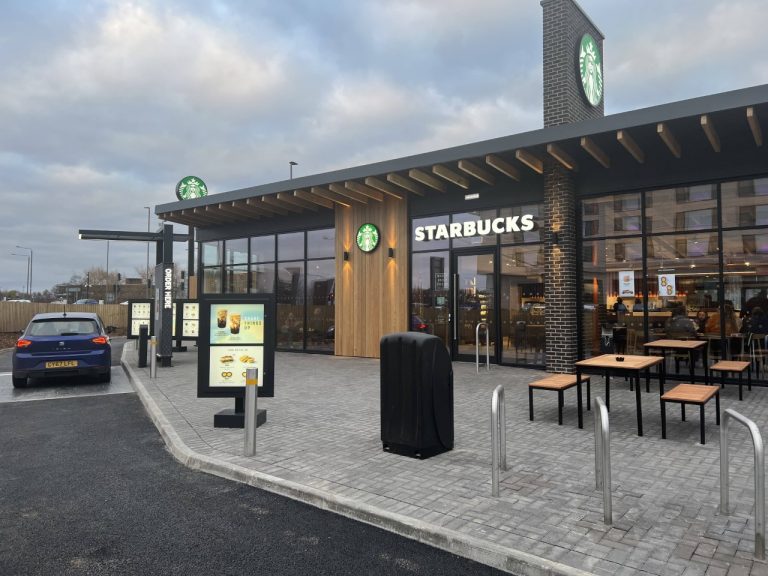A new £5.5 million national institute is to be launched to ensure that the UK has the technical capability and capacity across academia, research, education, and innovation to enable the UK to be a global superpower in science, engineering, and the creative industries.
The UK Institute of Technical Skills and Strategy (ITSS) is funded by Research England, which is part of UK Research and Innovation. It is being hosted by the University of Nottingham in partnership with a network of organisations and institutions across UK higher education and research.
Technical professionals enable research and innovation in our universities and institutes and build, maintain and enable the use of the UK’s research infrastructure. Despite their critical contributions to UK R&D and HE, technical roles have experienced a lack of visibility, recognition and career development. Career pathways and professional development (PD) can be poor, and an aging workforce means that large numbers of skilled technicians are retiring.
The new institute will focus on technical skills, roles and careers, and their contributions to the economy and how the technical talent and know-how required to fulfil the government’s ambitions for the UK to become an innovation nation can be delivered.
Dr Kelly Vere, Director of Technical Strategy at the University of Nottingham and Programme Director, Technician Commitment (Science Council), who is spearheading the new initiative, said: “We frequently discuss the emerging technologies needed to drive innovation, but rarely do we consider the expert technical skills, roles and careers required to use these technologies. Technical expertise is critical to the success of UK Higher Education (HE), research and innovation, and the growth of the UK economy.
“The UK has a shortage of technicians across all sectors, and there are significant ED&I challenges impacting the current workforce. These factors pose a serious threat to the UK’s innovative strength and global competitiveness.
“We are delighted to be establishing the UK Institute for Technical Strategy to ensure that we have the technical capability and capacity across the country to realise the UK’s ambitions of being a research and innovation superpower.”
The new institute builds on two initiatives which have begun to address this challenge and become the catalyst for advancing the landscape and culture for the technical community.
The Gatsby-funded Technician Commitment has seen universities, research institutes, professional bodies, learned societies and funders sign up to the initiative, which aims to increase the visibility, recognition, career development and sustainability of technical skills, roles and careers. It has established recognition of the challenges facing the technical community, started to build a national community of practice, and initiated a commitment from more than 110 organisations. The Technician Commitment will be hosted at the new institute upon its inception.
The TALENT programme, awarded by Research England to the Midlands Innovation consortium in 2020, has begun to build sector wide strategic insight into the UK’s HE and research technical skills base through its TALENT Commission. It has also designed, developed and piloted practical interventions to address the challenges highlighted by the Technician Commitment.
The TALENT Commission established the need for a new, independent, collaborative entity to build on the partnership approach of the Technician Commitment and the legacy of TALENT.
The launch of the ITSS was announced at an event in Westminster to celebrate the impact and progress of the TALENT Commission report, one year on, and to showcase how its recommendations are being implemented across the sector.
Minister of State at the Department of Science, Innovation and Technology, George Freeman, said: “We are funding the Institute of Technical Skills and Strategy to ensure that we continue to have the necessary technical expertise and capabilities to excel across research, education, and innovation today, while also nurturing the next generation of talent to drive the science, technology & innovation of tomorrow.
“Opening up high-skilled jobs in thriving sectors like science, engineering and creative industries is key to both growth for our economic prosperity and widening access to opportunities for all across the UK.”
ITSS will be the source of sector expertise on technical skills, roles and careers in UK HE and research and will form four new hubs focussed on key areas:
- a research hub focussed on technical roles, skills, careers, education, and training to expand sector understanding of the technical workforce through academic research. It will help to address gaps in knowledge in this area and work with funders to attract new investment for future research.
- a policy hub, working with partner organisations and the extended Technician Commitment community to inform, influence and interpret policy pertaining to technical roles, skills and careers in HE and research.
- a practice hub to develop (and evaluate) innovative approaches to culture change, piloting and evaluating them before rolling them out across the sector. Examples include career pathway models, apprenticeship schemes, workforce planning tools, and flagship and bespoke learning and development opportunities.
- an engagement hub to connect the technical community to government, professional bodies, funding bodies and other organisations in order to build a strong, connected community through engagement and events.
Professor Melanie Welham, Executive Chair, Biotechnology and Biological Sciences Research Council (BBSRC) and UKRI Executive Champion for People, Culture and Talent, said: “The Institute of Technical Skills and Strategy will build on the great work of our technical community and Technician Commitment leads across the UK by providing advocacy and strategic leadership for the diverse technical community.
“Technicians, technologists, specialists and related roles across the Research & Innovation sector are vital to our strategy to create a diverse and inclusive system, supporting and enabling individuals, and the UK, to reach their full potential.
“We look forward to working with ITSS and strengthening the voice of the technical community.”
Professor Dame Jessica Corner, Executive Chair of Research England, said: “Technical skills and technicians’ roles are an essential element of the UK research and innovation system. As such, I’m pleased that Research England funding is supporting the new UK Institute of Technical Skills and Strategy.
“The institute will enhance the skills base for technicians, help to raise the visibility of their vital contribution to UK research and innovation, support their career development, and tackle a shortage of technicians.
“I look forward to seeing the impact the ITSS will have for technicians nationally and across sectors – from museum archivists, right through to space technologists.”
The full network of partners supporting ITSS are: Gatsby Foundation, Universities UK, Royal Society, Advance HE, NCUB, Science Council, Royal Society of Chemistry, Institute of Physics, Royal Society of Biology, CRAC/Vitae, Technical Managers in Universities (TMU), Midlands Engine, John Innes Centre, University of Warwick, Newcastle University, University of York, Midlands Innovation (Aston University, University of Birmingham, Cranfield University, Keele University, Loughborough University, University of Leicester, University of Warwick), GW4 (University of Bath, University of Bristol, Cardiff University, University of Exeter), N8 (University of Liverpool, University of York, University of Leeds, Durham University, University of Sheffield, Lancaster University, University of Manchester, Newcastle University).












